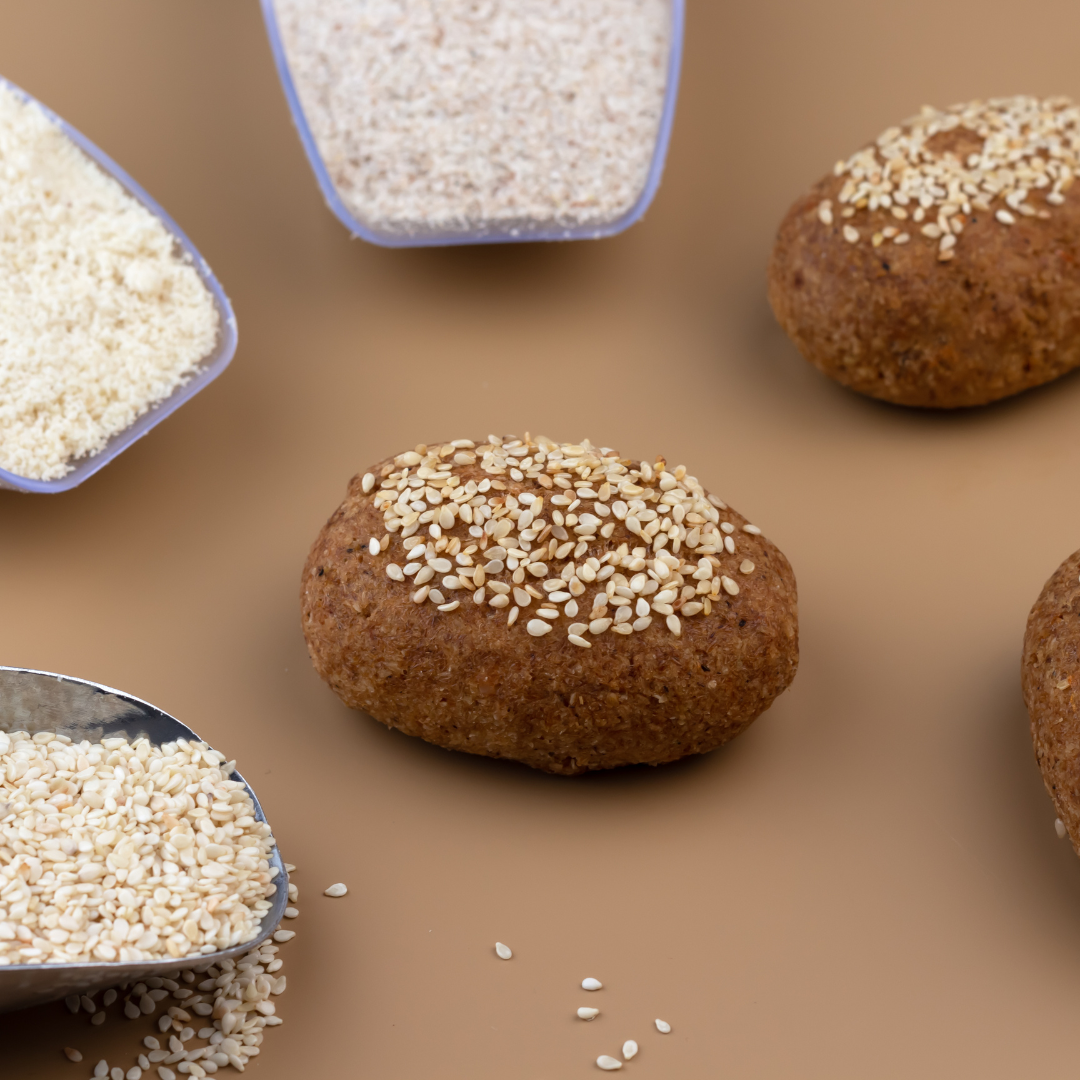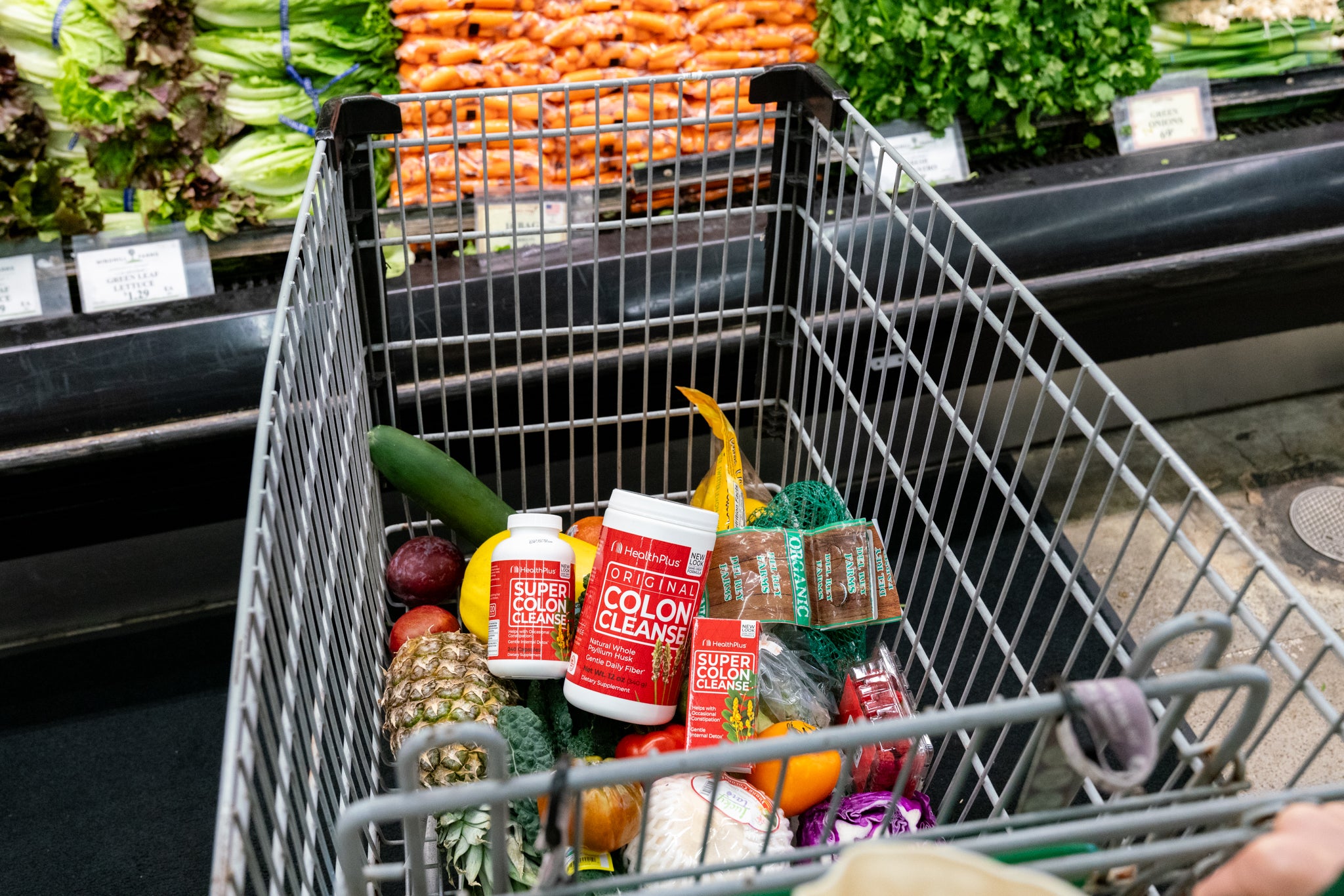Protein supplements are very popular and there are a lot of different types and brands to choose from. How do you know if you need to supplement, and if so what type of protein is right for you? Here are some simple guidelines to follow in your search.
Assess the Reason for Protein Powder Intake
Is your primary goal for incorporating protein powder into your diet - weight loss, increased strength, or using it as a meal replacement? Narrowing down the reason for adding protein powder into your diet is crucial during your decision process. For example, some protein powders are labeled as muscle gainers that include creatine and carbs for bulking while some are a meal replacement for weight loss that include extra fiber. Most of the time, the label shares these claims to help steer you in the right direction.
Before diving into specifics, let’s discuss the basics of protein and why your body needs it. Proteins, like carbohydrates, yield approximately 4 calories per gram and essentially are energy nutrients. Proteins however, have a much more important purpose than to be used for energy. They are the only nutrients that can build, maintain, and repair body tissue. There is no doubt you need protein in your diet but you must also incorporate essential amino acids as they are the building blocks of protein. Essential amino acids must be supplied by the diet to enable protein synthesis within the body.
An array of protein sources are readily available in the American food supply. In fact, Americans tend to eat far more protein than what is necessary. Educate yourself on the proper amount that will benefit your body. You should get at least 10% of your daily calories, but not more than 35%, from protein, according to the Institute of Medicine. Also, the recommended daily amount of protein is 0.8 gm/kg body weight for most adults. Vegetarians may need to increase this by 10 percent. Endurance athletes require 1.2-1.4 gm/kg while strength athletes need 1.6-1.7 gm/kg. The elderly require 1.25 gm/kg.
Account for Your Dietary Preferences & Restrictions
Assessing your dietary restrictions, if any, is a must. With ever-evolving science, we now know more than we ever have when it comes to food sensitivities and allergies. Whether you are vegan, gluten free, lactose intolerant, or keto, there is a protein powder option for you. What you do need to be mindful of are the ingredients and how your body might respond to it.
If you are lactose intolerant you will want to opt out of whey protein as that comes from cow’s milk. If you are gluten intolerant you will want to avoid any wheat, barley or rye that may be found in some protein powders - just to name a few examples.
Read Labels & Keep It Clean
Keep it clean when it comes to the ingredients. We highly suggest looking for protein powder options that are high in protein, low in sodium and sugar and free from additives or ingredients you can’t pronounce. Sticking to a plant based organic protein powder such as pea, rice, or soy may help you avoid any chemicals or hormones that could potentially be harmful to your body; growth hormones, fillers, heavy metals, or pesticides. There are other options that might be better for you but it is extremely important to understand the label - also known as the amino acid profile.
Most protein packages claim to have a complete amino acid profile inclusive of all 9 amino acids; histidine, isoleucine, leucine, lysine, methionine, cysteine, phenylalanine, tyrosine, threonine, tryptophan, and valine. Most Whey, Soy, Pea, and Egg proteins contain all essential amino acids. See differentiators of the most comment protein powder types below:
Pea protein - A great source of branched-chain amino acids (also known as BCAA’s), especially arginine, leucine, isoleucine and valine. Pea protein is made by extracting the soluble pea protein from yellow split peas. It is easy to digest which gives your body the opportunity to make the most of the protein and nutrients available.
Brown Rice - Similar to pea protein, brown rice protein is a great alternative for those with dietary restrictions, allergies, sensitivities, or simply those who prefer a vegan or plant-based source of protein. In fact, brown rice contains 37% of the total protein and essential amino acids. By itself, brown rice does not provide all nine essential amino acids that the body needs. Because of this, manufacturers often add quinoa or chia proteins to compensate for what brown rice lacks.
Egg - Eggs provide all of the nine essential amino acids along with vitamins and minerals. The whites are particularly beneficial due to their low fat high protein content. The egg white part of the egg is around 93 percent protein and provides all of the amino acids required for the optimal functioning of your body meaning they're a complete protein source. Alanine, arginine, glutamine, lysine, histidine, proline, serine, valine and tryptophan are just a few.
Note, essential amino acids cannot be produced by the human body, so they must be obtained through diet or protein powders.
SAMPLE
A shopping trick we have found helpful is trying samples. It wouldn’t be in your best favor if you bought a huge tub of protein powder to go home and try it for the first time to then find out you don’t like the taste. Oftentimes, protein powder brands also sell smaller one scoop or one serving packs that are great for testing. Be sure to monitor how your body feels or responds after testing the sample. Lastly, most stores let you do returns so make note to keep the receipt.
All in all, protein powders are a convenient way to get high-quality protein in a concentrated form. Not everyone needs protein powder supplemented into their diet, but it can assist in strength training or for those that are not able to meet the protein needs with diet alone.





